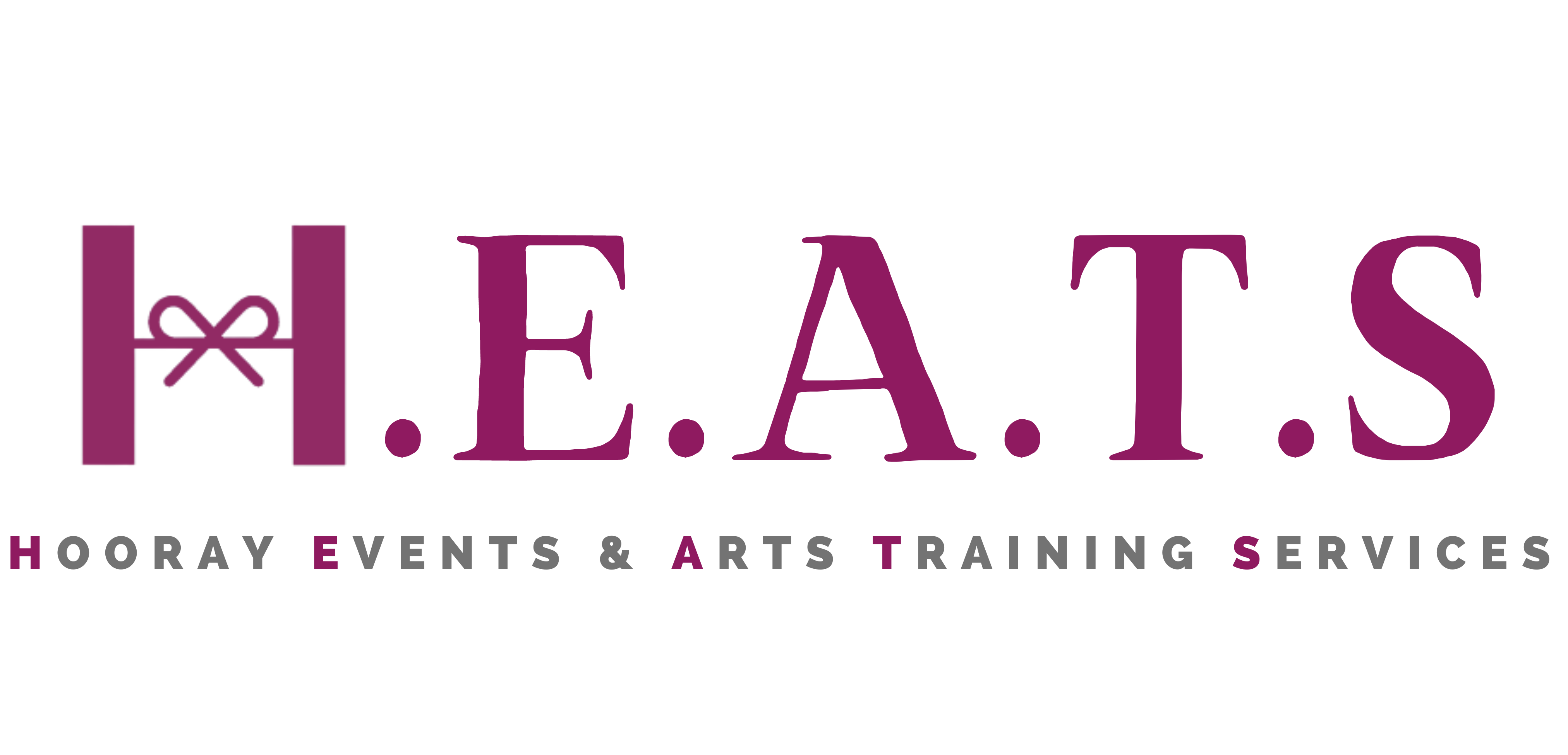Writer
December 23, 2019 2022-09-05 7:47Writer
Writer
Writer
Successful writers are creative, organised, disciplined, have excellent research skills, and a passion for sharing the written word
As a writer, you’ll be involved in the creation and development of works of fiction and non-fiction.
This covers various forms of writing, including:
- children’s stories
- life writing
- magazine and newspaper articles
- non-fiction
- novels
- poetry
- screen and radio
- scripts for theatre
- short stories
- web content.
New media is also opening doors for writers in areas such as mobile phone content and computer game scripts.
Most writers work freelance and are self-employed. As income from writing may be low and unpredictable, most writers supplement their income with other related activities such as author visits, workshops and events.
Some writers may find avenues to diversify their writing and write in different forms, such as published novelists also writing reviews and literary criticism.
In addition, many writers manage their writing work alongside full or part-time jobs, which may be related to their writing (such as lecturing on creative writing courses) or entirely unrelated.
For more information on the role of a technical writer in the science, engineering and pharmaceutical sectors see the video below
Responsibilities
Your typical work activities are likely to include some or all of the following:
- researching the market including reading relevant publications or blogs, and staying up to date with writing that is being produced in your chosen field
- selecting subject matter based on personal or public interest, or commissioned by a publisher or agent
- undertaking background research including desk-based research and conducting site visits or interviews
- writing individual pieces, including using the technical skills of writing and being able to structure and plan individual projects
- editing, revising and reviewing work especially in response to feedback
- working to tight deadlines, especially for theatre, screen and radio
- submitting material for publication in the required and expected format
- networking with other writers, as well as others involved in the industry such as publishers, booksellers and organisers of literary events
- liaising with publishers, agents, script editors, producers and directors
- finding, pursuing and maintaining knowledge of publication opportunities
- marketing, including maintaining an online presence through a website, blog or social media presence
- talking about your work at events, such as literary festivals, and conducting readings or book signings
- teaching writing in further or higher education settings or running workshops privately
- critiquing the work of other writers including sometimes providing mentoring or coaching services
- managing the business side of writing including maintaining financial records, checking contracts and submitting invoices and tax returns.
Salary
- Starting salaries for writers are generally low. The median earnings for professional writers (those who dedicate more than 50% of their time to writing) is under £10,500 a year, and only 13.7% of professional writers earn their incomes solely from writing.
- The median salary of all writers (the majority of whom don’t dedicate all their time to writing) is only £3,000 a year.
- However, there may be exceptions to this rule, and there are well-publicised cases of writers gaining significant advances (into six figures) for first novels.
Check the Society of Authors – Rates and Guidelines for writers and the National Union of Journalists (NUJ) Freelance Fees Guide, which sets out indications of average rates for different kinds of freelance writing. The BBC offers standard rates, which are available on The Writers’ Guild of Great Britain (WGGB) – Rates and Agreements.
Having a good agent, business manager and/or accountant is essential for most high-earning writers.
Income data from the Authors’ Licensing and Collecting Society (ALCS). Figures are intended as a guide only.
Working hours
Working hours typically include regular unsocial hours. Writers often use weekends and evenings to work, fitting their responsibilities around other employment commitments. However, some writers may adopt a disciplined approach, keeping strict office hours and working away from home to avoid distractions.
What to expect
- While the majority of writers are self-employed freelancers, they may be taken on for short-term contracts in television, radio, screen or theatre. There are also some opportunities to be employed as writers in residence in particular communities or organisations.
- Professional writers supplement their income in a range of ways. This can be through teaching, lecturing and self-publishing, for example, or from prizes, fellowships, grants and bursaries. Many writers have a portfolio career, with writing being just one aspect.
- Writers live and work throughout the UK, but the highest concentration of writers is in London and the South of England.
- Research shows that there are pay gaps in relation to social class, gender, ethnicity and geographic region. For more information, see The Royal Society of Literature report, A Room of My Own: What writers need to work today.
- Although most writers are based at home, there may be some travel required for attendance at conferences, author events and literary festivals.
Qualifications
Although this area of work is open to all graduates, the following subjects may increase your chances:
- communication and media studies
- creative writing
- English language or literature
- journalism
- performing arts.
Entry without a degree, foundation degree or HND is common.
Most academic qualifications will help you to develop strong writing skills, and provide a good grounding in grammar and the structure of language.
Literature, media, journalism and performing arts may help to give you knowledge of different styles and genres of writing.
Courses with a practical element, such as many creative writing courses, may also give you relevant practical experience. However, creative talent, drive and determination are equally, if not more, important to work as a writer.
A pre-entry postgraduate qualification is not essential, but there are a number of Masters courses available. These courses typically combine academic study with practical experience and mentoring.
To get a place on a postgraduate course aimed at potential writers, you’ll usually need a portfolio of recent creative writing, published or unpublished. The subject of your first degree is not always relevant, as course providers are generally more interested in the quality of your portfolio. Some institutions, however, will ask for a degree in English or a related discipline.
You may be able to get a place on a course without a first degree if you have creative writing experience or other creative writing qualifications.
Many courses have a specific focus, e.g. novel writing, screenwriting or writing for performance. Do your research carefully to make sure courses match your career aims.
Search for postgraduate courses in creative writing.
Skills
To succeed as a writer, you’ll need:
- literary skills
- imagination
- a clear, entertaining style
- excellent written English skills
- the ability to work to tight deadlines, while maintaining attention to detail
- excellent research skills, both literary and business-related
- self-discipline and time management skills
- the ability to work alone for long periods of time
- verbal communication and networking skills in order to develop media contacts
- marketing skills and an understanding of new media as a tool for self-promotion
- commitment and the desire to succeed
- IT, web, typing and editing skills
- the necessary financial skills to manage yourself in the employment market
- the ability to understand and accept criticism
- persistence, determination, resilience and enthusiasm.
Work experience
Pre-entry experience in related industries such as bookselling, publishing, film or television may be helpful but isn’t necessary. It is, however, important that writers build up a portfolio of work, published or unpublished, in order to have material to showcase to potential publishers or contacts.
Securing a publishing contract can be challenging with significant levels of competition.
Students can improve their chances by getting relevant experience while at university, including writing for student newspapers or magazines, or taking part in student radio or a drama club.
You can break into the profession by winning local or national writing competitions. These include fiction, poetry, screen and playwriting and usually can be found by a simple web search of ‘creative writing competitions,’ or ‘screenwriting competitions.’
Some publishers run competitions to find new talent, and the prize can include publication. For example, the children’s fiction publishers Chicken House, in conjunction with The Times, run an annual children’s fiction competition.
Other useful ways to gain experience include joining a local writers’ group. For a list of groups, see the National Association of Writers and Groups (NAWG). You could also start writing a blog.
Find out more about the different kinds of work experience and internships that are available.
Employers
Because writing is largely a freelance occupation, very few vacancies are advertised and most opportunities are found by making speculative approaches or by answering calls for submissions.
It’s important that you make speculative approaches in the style that is appropriate to the opening.
Writers of fiction and non-fiction who want to be traditionally published will need to seek an agent before seeking a publisher as most publishers will not look at uncommissioned work unless it comes via an agent.
Approaching a literary agent usually involves submitting the first three chapters of a novel with a synopsis and a cover letter (for fiction). It’s important that you do your research when you’re looking for an agent. This involves looking closely at the agent and their list. Do they represent the genre of fiction that you write in? If not, submission could be pointless.
Check out the other writers on their list. Do you think you could fit in there somewhere? If not, it may be best to keep looking. The writer/agent relationship is an important one. It’s worth taking the time to find one that is right for you.
Another possibility is to self-publish or produce an e-book. These methods are increasing in popularity as e-books become more popular and technological developments are making it easier to publish work yourself.
Self-publishing can be an effective way of showcasing ability and achieving independent sales through local book shops or by using online retailers. However, taking on the role of both writer and publisher can be demanding and require you to understand issues such as permissions and rights.
Short-story writers may find their style of writing is suited to, and regularly accepted by, certain magazines or websites. Short story competitions may provide additional income and can help showcase your work.
There are several outlets for the publication or broadcast of poetry, although they are unstructured. Examples are specialist poetry magazines and occasional radio programmes. Generally speaking, little or no pay is involved.
A list of poetry magazines is published on the National Poetry Library – investigating back copies is recommended. Poetry readings and festivals can provide a forum for publicising work, while competitions can be lucrative and lead to opportunities for publication.
As a script writer, you may find temporary contracts with:
- the BBC
- commercial and independent television and radio companies
- facilities houses
- large advertising companies
- film and video production companies.
Writers for theatre often work on attachment to a particular theatre or company, or may even form their own theatre company.
For submission guidelines for many agents, publishers and magazines, see the Writers’ and Artists’ Yearbook.
Many writers supplement their income with writing-related employment and there are teaching opportunities in:
- colleges
- community and adult learning centres
- therapeutic centres
- training courses
- universities and schools.
Look for job vacancies at:
- Arts Council England
- Arts Council of Wales
- British Council – Arts
- Creative Scotland
- Jobs.ScreenDaily
- National Association of Writers in Education
- The Stage
- 4Talent
A basic web search will also uncover forums and other sites aimed at, or run by, writers where opportunities are listed and advice, support and critical feedback are available.
Professional development
There’s little in the way of formal training for writers. However, most writers stress the importance of staying in contact with peers for feedback as well as support, which can also be found through:
- critical appraisal services
- writers’ circles
- writers’ courses and workshops.
Because of the solitary nature of the work, membership of organisations can be useful for peer review and maintaining contact with the literary world. See the Society of Authors and WGGB for more information.
Some organisations will only accept members who have been published or offered a contract. However, the Society of Authors and WGGB also offer student membership and associate/candidate membership for emerging and aspiring authors.
It’s also important to keep abreast of what is happening in the sector you want to contribute to. For example, if you want to write for radio, it’s useful to listen to radio programmes to get a feel for what is successful. If you want to write poetry, it will help if you’re a keen reader of poetry and subscribe to poetry magazines. If you’re interested in scriptwriting, visit the BBC Writersroom website for a range of resources, including interviews, advice and toolkits.
Attending conventions and conferences, such as Crimefest, the international crime writers’ convention in Bristol, can help you develop your knowledge of the industry, as well as providing a good opportunity to meet people and develop your networks.
For more specific training, you could consider the following:
- Organisations such as the Arvon Foundation and Tŷ Newydd Writing Centre provide regular courses where practising and published writers run workshops.
- Look out for courses in creative writing or novel writing at your local adult education centre.
- Some towns and cities have a resident writer who runs courses and gives advice. Ask at your local library for details.
- There are many literary consultancy agencies, such as Cornerstones, which for a fee offer detailed feedback and advice to writers seeking publication.
Career prospects
According to The Royal Society of Literature report A Room of My Own: What writers need to work today, the life of a writer is becoming harder, and writers from particular backgrounds and experiences are facing greater challenges when trying to establish their careers. Key factors that contribute to a writer’s success include:
- money
- a space to write from
- support and mentoring from peers
- emotional support from family and friends.
As you gain a back catalogue of publications, income from new work (often in the form of advances) may be complemented by income from previous work, in the form of royalties on published works, public lending rights payments, payments for anthologising and so on.
As your profile increases there may also be more potential for earning income from teaching, lecturing and appearances at events.
In addition, some organisations offer salaried posts for writers in residence, and these are often restricted to published writers with a strong track record.
The career of a writer can be unpredictable so you must be resilient, producing a steady output of work. It’s also important that you keep a close eye on the market, staying up to date with what kind of writing is selling and considering how to meet market demand.
Alongside producing work, it’s critical that you also work on marketing yourself and your work. An agent or a publisher is likely to help with publicity, but it’s important that you also look for opportunities for publicity yourself, such as:
- writing a blog
- creating a presence via social media
- interviews
- readings
- setting up your own website
- workshops and signings.
Discipline and determination to succeed are prerequisites for career development, but writers stress that the rewards of seeing their work in print or production make it all worthwhile.
June 2022







